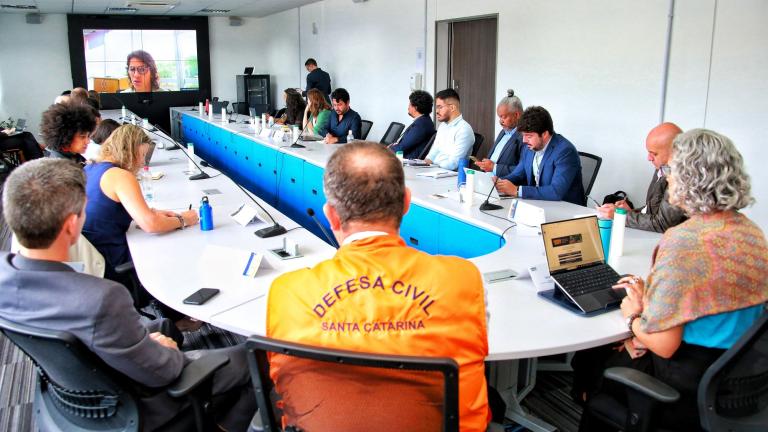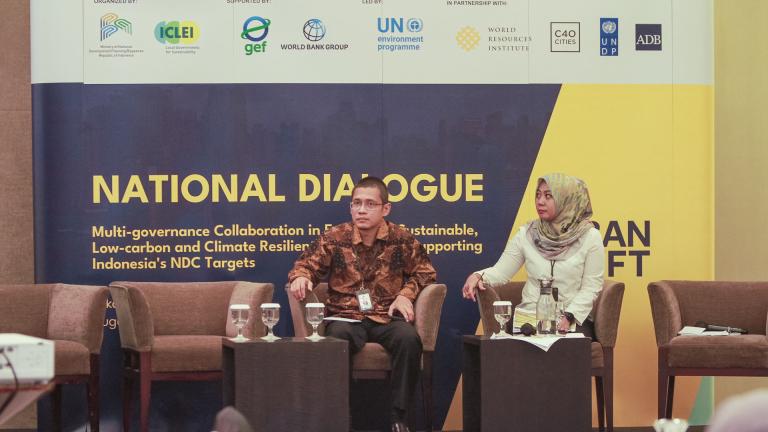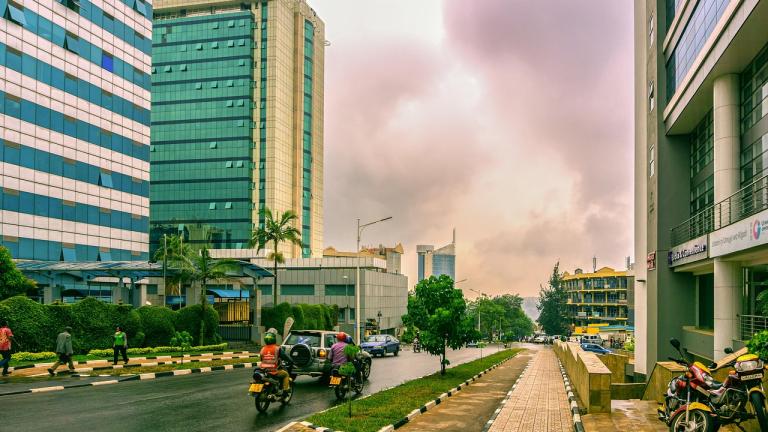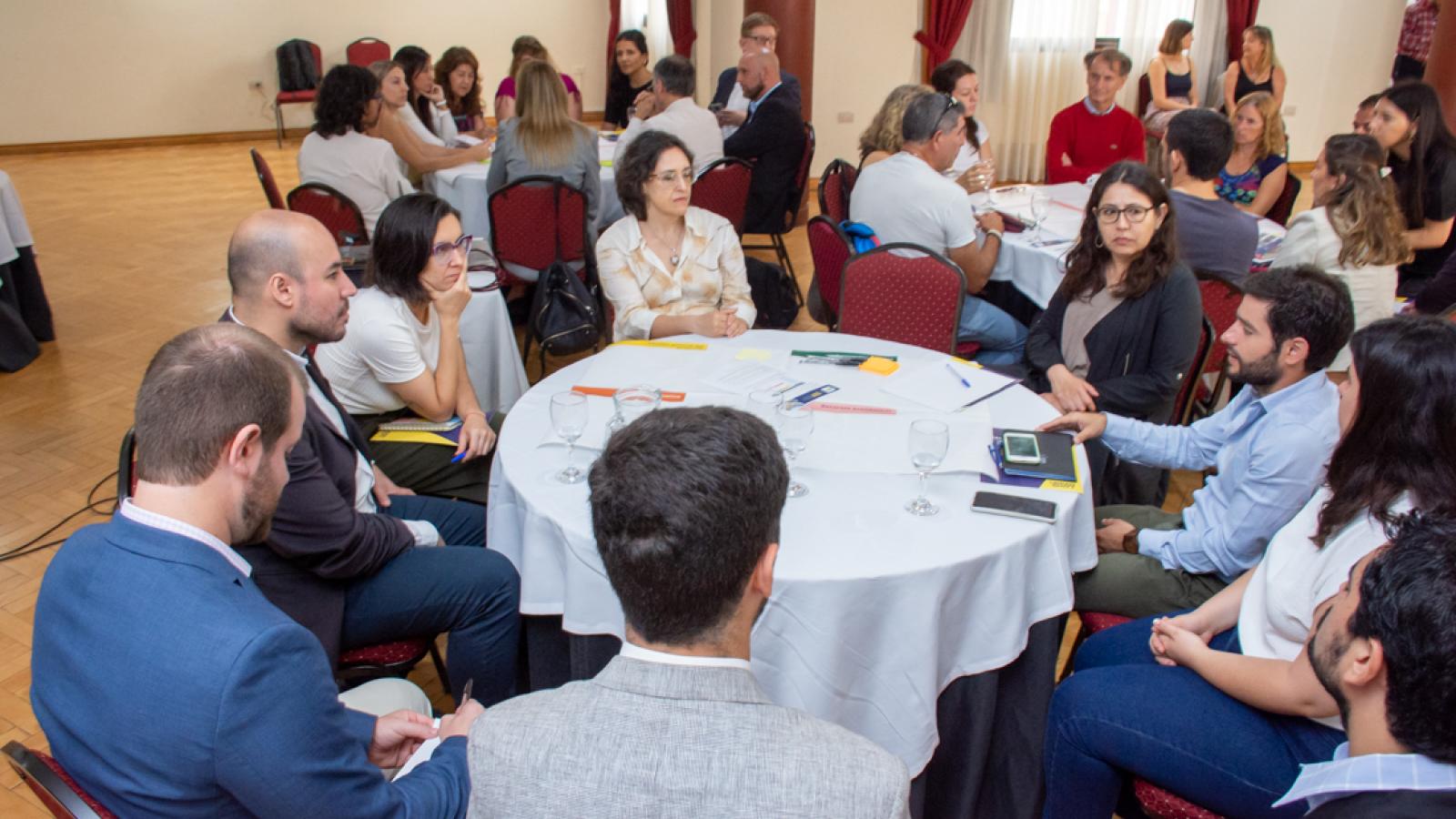Analysis
Argentina’s Road to 2030: Collaborative Climate Action
Argentina's first UrbanShift National Local Dialogue emphasized collaborative climate action, uniting national and local governments to promote sustainable urban development, align with 2030 targets, and enhance governance and financing.
By Karishma Asarpota and Saheel Ahmed (ICLEI - Local Governments for Sustainability)
On December 13, 2022, Argentina held its first UrbanShift National Local Dialogue, led by ICLEI Argentina, a key step toward advancing sustainable, low-carbon urban development. Part of the UrbanShift Argentina Child Project, launched in June 2022 by the Ministry of Environment and Sustainable Development (MAyDS) in collaboration with the UN Environment Programme (UNEP), the initiative focuses on five cities; Buenos Aires, Mar del Plata, Mendoza, Salta, and Ushuaia. Its goals are to reduce greenhouse gas emissions, prevent land degradation, and promote sustainable investments. The dialogue, based on the Cities and Regions Talanoa model, fostered collaboration between national and local governments to address climate challenges and align efforts with Argentina’s 2030 Agenda for Sustainable Development.
Key Points of Discussion:
- Argentina’s Climate Targets: The country aims to limit emissions to 349 million tons of CO2 by 2030, and significant efforts are required to meet this target.
- Sectoral Emissions: The energy sector accounts for 51% of Argentina’s emissions, followed by agriculture (39%). To tackle these figures, cities must develop and implement localized solutions.
- Climate Adaptation: The dialogue addressed climate risks such as rising temperatures, water stress, and flooding, which are exacerbated by infrastructure vulnerabilities in urban areas.
Participants also analyzed the legal and policy frameworks that shape climate action in Argentina, including the National Climate Change Adaptation and Mitigation Plan and environmental laws such as the Yolanda Law on Environmental Education.
Defining the Path Forward
During the first UrbanShift Argentina National Local Dialogue, participants engaged in three collaborative workshops aimed at diagnosing project capacities, identifying future challenges, and developing strategies for sustainable urban development. The first workshop, "Territorial Self-Diagnostic," assessed local governments’ climate project management, identifying challenges like limited financial resources and inconsistent policies. The second workshop, "Future Challenges in Urban Planning," focused on the obstacles cities face, such as resource limitations and social-environmental pressures, producing a "Future Challenges Map." The third workshop explored integrating renewable energy and energy efficiency into urban planning, resulting in a roadmap that encourages cities to set energy transition targets and adopt clean energy solutions for transport and industries.
Five Key Commitments for Sustainable Urban Growth
The event culminated in the identification of five key commitments that will guide Argentina's UrbanShift project moving forward:
- Strengthening governance frameworks: Improve coordination between national and local governments to implement climate initiatives more effectively.
- Ensuring financial sustainability: Develop green urban projects that are economically viable and attract long-term investment.
- Engaging stakeholders: Involve a broader range of stakeholders, including private sector actors and civil society, to ensure inclusive decision-making.
- Aligning legal frameworks: Ensure that national laws and local regulations are consistent and supportive of climate action.
- Building local capacities: Provide ongoing technical assistance and training to local governments to better manage climate projects.
Looking Ahead: Key Opportunities for Integrated Urban Planning
The UrbanShift National-Local Dialogues are intended to be an ongoing process. Over the next few years, regular meetings and workshops will continue to support the project, with a second national dialogue planned for 2025. This will be a key moment to assess the progress made since the first dialogue and refine the multilevel governance roadmap that was introduced.
Key opportunities from the dialogue include a strengthened framework for multilevel governance, and fostering better collaboration between national and local governments to align initiatives with national sustainability goals. Local insights have been effectively integrated into national policies, making them more practical and context-specific. Innovative solutions in urban planning, such as ecoMobility and energy efficiency, have been identified, promoting both environmental and economic benefits. The dialogue also enhanced capacity building and knowledge sharing, empowering local governments to adopt best practices. Additionally, it supported the development of comprehensive climate action plans and increased collaboration among stakeholders, including civil society, academia, and financial institutions.
UrbanShift supports cities around the world to adopt integrated approaches to urban development, building an equitable, zero-carbon future where both people and the planet can thrive. Click here to read the summary of Argentina’s First National-Local Dialogue as part of the UrbanShift program. To learn more about the Urban Shift’s project in Argentina click here.
If you have any questions or contributions that could support the planning of the next National-Local Dialogue in Argentina, as part of the UrbanShift program, please reach out to urbanshift@iclei.org.

Integrated Planning and Multilevel Governance: Insights from the UrbanShift National-Local Dialogue in Brazil
The UrbanShift Brazil National-Local Dialogue emphasized the critical role of integrated urban planning and multilevel governance in addressing climate challenges and fostering sustainable development across Brazil’s rapidly growing cities.

UrbanShift Advances Multilevel Governance Dialogues
These dialogues have taken place across seven UrbanShift countries to advance collaboration and alignment across all levels of government.

Rwanda Second Multilevel Governance Dialogue - Local Government Consultation on NDC 3.0 Development
This dialogue will strengthen local government involvement in shaping and implementing the country’s NDC 3.0, fostering national-local collaboration for ambitious climate action.

First National Dialogue for Argentina
33 participants from across Argentina came together to identify alignments and next steps around UrbanShift project implementation.

